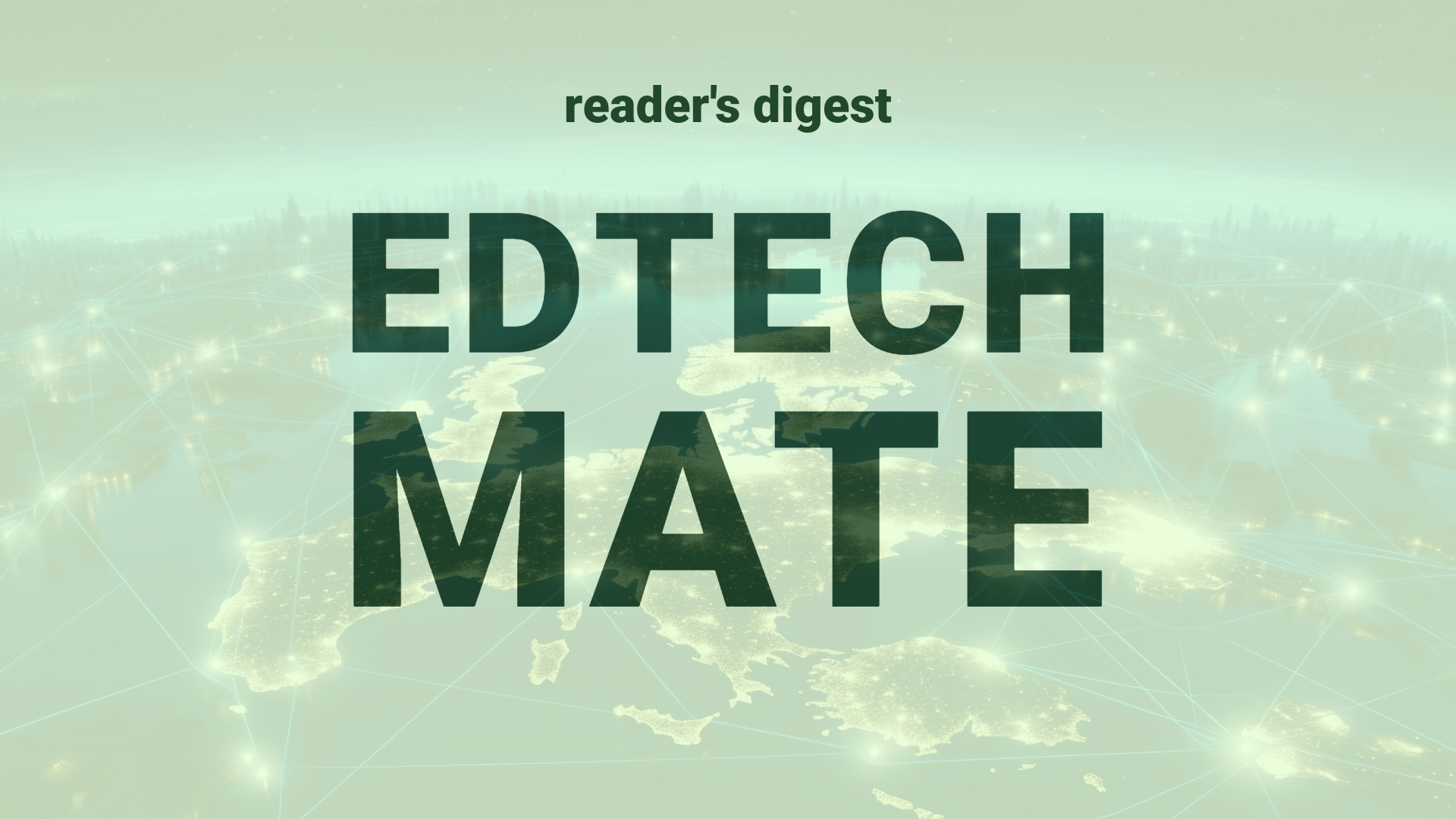Executive Summary and Main Points
The integration of generative AI within DevOps, identified as LLMOps, marks a transformative phase in the deployment and management of intelligent applications. The educational technology sector must take note of emerging practices like Continuous Integration and Continuous Delivery (CI/CD) for AI, which enhance collaboration, testing, and versioning through platforms like GitHub. Monitoring and performance adjustments of AI models are crucial for maintaining the efficacy of digital learning tools, underlining the importance of scalable solutions. Leveraging Azure’s cloud infrastructure, specifically Azure OpenAI and Python FastAPI, institutions can optimize the scalability and upkeep of AI applications. The ethical dimension and governance of AI demand attention, with security being a cornerstone for trustworthy AI implementations in global education systems.
Potential Impact in the Education Sector
Developments in LLMOps and MLOps are set to transform Further Education and Higher Education by promoting a seamless and effective digital transformation. Continuous application health maintenance and AI model performance tracking will drive personalized learning experiences. Similarly, micro-credentials can benefit from enhanced verification processes through secure and ethical AI practices. Strategic partnerships between educational institutions and tech enterprises could further bolster digitalization efforts, facilitating the adoption of cutting-edge AI in educational platforms and curricula.
Potential Applicability in the Education Sector
The adoption of tools for CI/CD and LLMOps holds the potential to elevate global education systems. AI’s predictive modeling can be integrated into learning management systems for intelligent tutoring and adaptive learning pathways. Continuous monitoring and logging are essential for data-driven, dynamic curriculum design. Additionally, Azure’s capabilities could empower institutions to scale educational resources, aligning with global demand. Ethical considerations and governance in AI will ensure culturally responsive and ethically sound AI tools are developed and deployed.
Criticism and Potential Shortfalls
Despite the technological advancements, critical analysis points to potential risks like data privacy issues and biased algorithms. Comparative international case studies reveal discrepancies in technology access and quality between developed and developing regions, which might exacerbate educational inequalities. Ethical and cultural implications warrant careful scrutiny to prevent the amplification of systemic biases or the undermining of local educational values and pedagogies.
Actionable Recommendations
To capitalize on AI in education, institutions should establish cross-functional teams to manage AI strategies, fostering LLMOps and CI/CD principles. Investing in training for educators and IT staff on Azure and related tools can prepare them for the deployment and scaling of AI applications. Establishing ethical guidelines and robust governance frameworks will safeguard AI endeavors. Finally, pursuing collaborative research and development initiatives can keep educational leaders abreast of technological trends and potential applications.
Source article: https://techcommunity.microsoft.com/t5/educator-developer-blog/devops-in-the-era-of-generative-ai-foundations-of-llmops/ba-p/4154928

